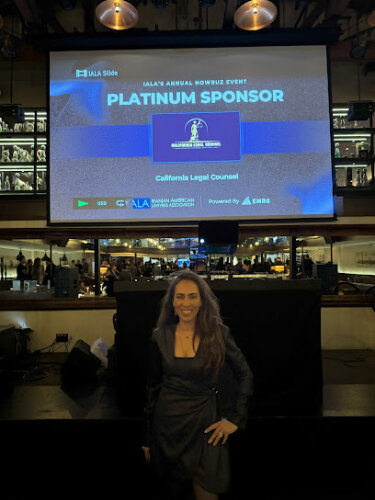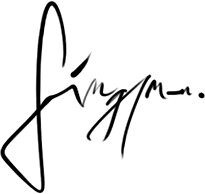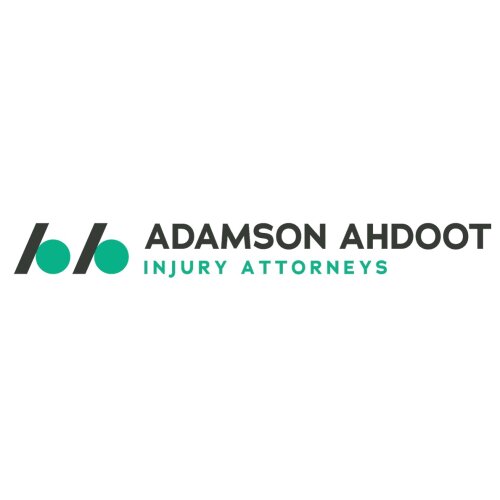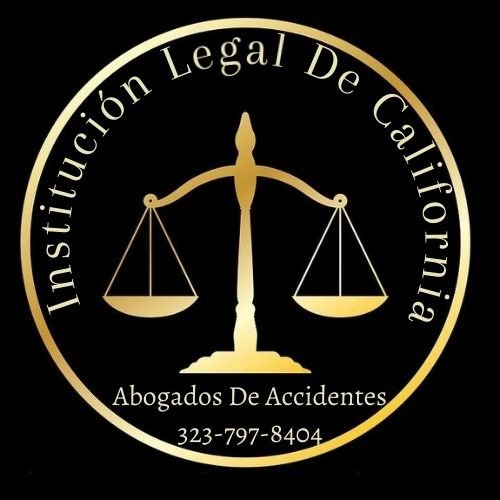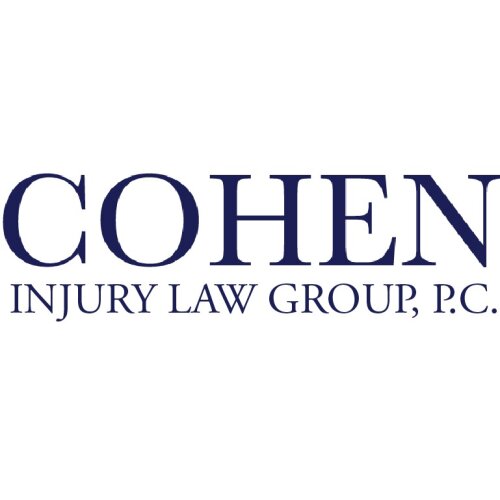Best Motorcycle Accident Lawyers in Los Angeles
Share your needs with us, get contacted by law firms.
Free. Takes 2 min.
List of the best lawyers in Los Angeles, United States
About Motorcycle Accident Law in Los Angeles, United States:
Motorcycle accident law in Los Angeles, California falls under personal injury law and addresses cases where motorcyclists are injured due to another party's negligence or reckless actions. This can be another motorist, a manufacturer of defective motorcycle parts, or a government entity failing to maintain safe road conditions. Victims may be entitled to compensations for medical expenses, lost income, property damage, and non-economic damages such as pain and suffering.
Why You May Need a Lawyer:
If you're a motorcyclist involved in an accident, you often face an uphill battle. Many people carry biases towards motorcyclists, often blaming them for the accident regardless of the situation. It's also typically challenging to negotiate with insurance companies who aim to minimize payouts. Therefore, it's crucial to have a legal representative who can fight for your rights, help prove liability, accurately estimate the value of your damages, and negotiate a fair settlement on your behalf. Additionally, if your case goes to court, having an experienced motorcycle accident lawyer is critical for presenting a strong case.
Local Laws Overview:
The key motorcycle laws in Los Angeles are similar to the rest of California. All riders are required to wear Department of Transportation-approved helmets. Lane splitting, riding between lanes or rows of slow traffic or stopped traffic, is legal in California but must be done safely. Regarding accident cases, California operates under a pure comparative negligence rule, meaning that even if you are partially at fault for the accident, you can still recover damages, although your compensation will be reduced by your percentage of fault.
Frequently Asked Questions:
1. How long do I have to file a motorcycle accident claim in Los Angeles?
Under California law, you have two years from the date of the accident to file a personal injury lawsuit.
2. How much compensation can I expect in a motorcycle accident case?
The amount of compensation depends on the severity of your injuries, how much work you've missed, the extent of your motorcycle damage, and other factors. Each case is unique.
3. What should I do immediately after a motorcycle accident?
Call the police to the scene, seek immediate medical attention even if you think you are fine, document the scene as much as you can, collect contact and insurance information, and do not admit any fault. Subsequently, consult a motorcycle accident lawyer.
4. Can I still recover damages if I was partially at fault for the accident?
Yes, under the pure comparative negligence rule, you can recover damages even if you were partially at fault. However, your compensation will be reduced by your percentage of fault.
5. Do I really need a lawyer for a motorcycle accident case?
Having a lawyer greatly increases the chance of receiving a fair settlement. They can prove the other party's fault, negotiate with insurance companies, and represent you in court if necessary.
Additional Resources:
You may wish to contact the Department of Motor Vehicles (DMV) for information on local motorcycle laws. The California Office of Traffic Safety also provides resources. Furthermore, Los Angeles has several local advocacy groups for motorcyclists that offer additional support and resources.
Next Steps:
If you need legal assistance after a motorcycle accident, the first step is to consult a lawyer, preferably one specialized in motorcycle accidents. They can evaluate your case, guide you through your legal options, and help you draft a robust claim. Make sure to maintain all medical records, repair statements, and any other evidence related to the accident, as this will form the foundation of your case.
Lawzana helps you find the best lawyers and law firms in Los Angeles through a curated and pre-screened list of qualified legal professionals. Our platform offers rankings and detailed profiles of attorneys and law firms, allowing you to compare based on practice areas, including Motorcycle Accident, experience, and client feedback.
Each profile includes a description of the firm's areas of practice, client reviews, team members and partners, year of establishment, spoken languages, office locations, contact information, social media presence, and any published articles or resources. Most firms on our platform speak English and are experienced in both local and international legal matters.
Get a quote from top-rated law firms in Los Angeles, United States — quickly, securely, and without unnecessary hassle.
Disclaimer:
The information provided on this page is for general informational purposes only and does not constitute legal advice. While we strive to ensure the accuracy and relevance of the content, legal information may change over time, and interpretations of the law can vary. You should always consult with a qualified legal professional for advice specific to your situation.
We disclaim all liability for actions taken or not taken based on the content of this page. If you believe any information is incorrect or outdated, please contact us, and we will review and update it where appropriate.






